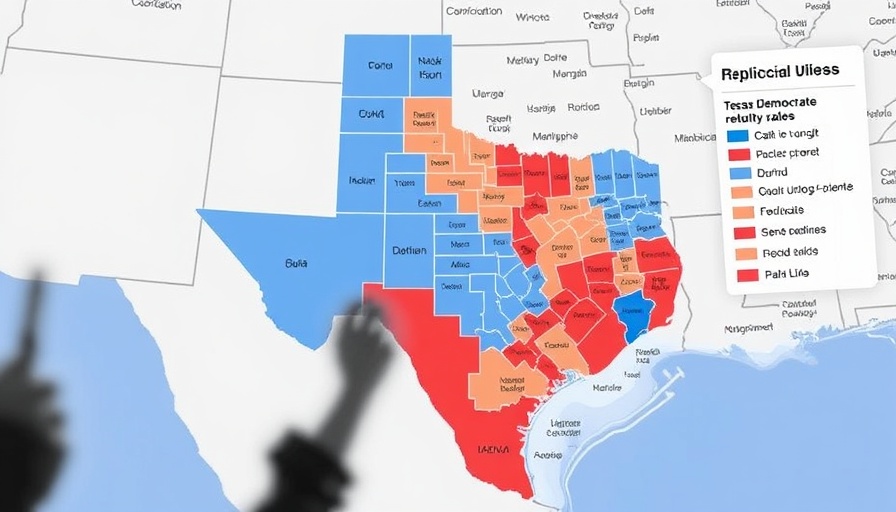
The Wake-Up Call: Addressing the Rape Kit Backlog
Fort Worth police have made significant strides in addressing a troubling backlog of nearly 900 unprocessed rape kits, bringing to light critical issues surrounding sexual assault evidence processing. The efforts began following an investigation by NBC 5, highlighting a glaring failure to abide by state law requiring that these kits be processed within 90 days. This backlog left many victims in limbo, waiting for the justice they deserve.
Historical Context: The Importance of Rape Kits
Rape kits are essential for collecting DNA evidence that can lead to prosecutions in sexual assault cases. When left unprocessed, these kits represent not only a missed opportunity for justice but also a betrayal of victims’ trust. In Texas alone, over 8,000 rape kits were reported backlogged in recent years, sparking outrage among advocates and community leaders alike. Fort Worth's backlog served as a microcosm of a larger challenge facing many municipalities across the United States.
Fort Worth Police's Response and Changes Made
The Fort Worth Police Department, under Chief Neil Noakes, has taken proactive measures to rectify the situation. Following the scrutiny, they hired additional staff, increased pay for lab analysts, and implemented new policies to ensure transparency with victims. Chief Noakes emphasized that the department is now in “100% compliance” regarding the processing of sexual assault evidence. This level of accountability is crucial for rebuilding trust within the community.
A Personal Perspective: Victims' Voices Matter
Victims like Latrice Godfrey, who had to wait for months for her evidence to be processed, have raised important questions about long-term commitments to systemic reform. Godfrey has expressed cautious hope but remains concerned about the potential for complacency in the future. “What happens when the veil goes back up?” she asked, highlighting a common fear among victims that reforms may be temporary. Her perspective serves as a poignant reminder that true justice is not just about clearing backlogs, but ensuring that victims feel heard and respected throughout the investigative process.
The Way Forward: Commitment to Change
Mayor Mattie Parker and Chief Noakes both stressed the importance of an ongoing commitment to change. The police department is now dedicated to informing victims of any processing delays, ensuring that victims are not left in the dark as they once were. These procedural changes are designed not just to address past failures but to create a culture of accountability and empathy moving forward.
Conclusion: Holding Authorities Accountable
The progress made by the Fort Worth Police Department serves as both a success story and a cautionary tale. While the backlog may have been cleared, the work must continue to ensure that such neglect does not recur. Community engagement and vigilance are essential in holding authorities accountable, ensuring that every victim receives the support and justice they deserve. As Fort Worth moves forward, the challenge remains to uphold the promise of justice for all victims consistently.
 Add Row
Add Row  Add
Add 




Write A Comment